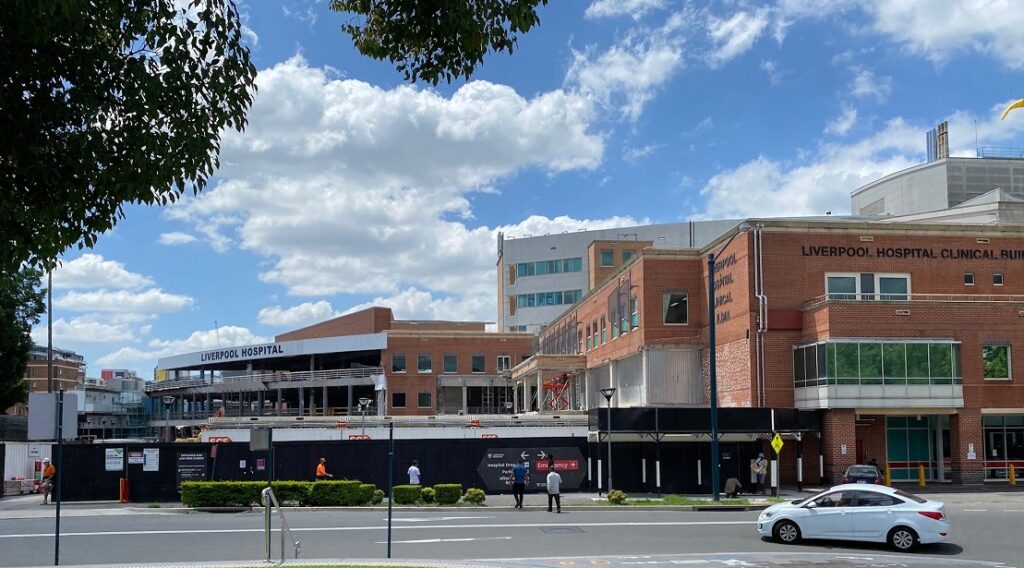
Following four recent cases of Legionnaires’ disease, building owners in the Camden and Narellan areas are being reminded to ensure their cooling towers are properly maintained.
Four men aged in their 60s and 70s, from Camden and Narellan, have contracted Legionnaires’ disease in the past five weeks. All are recovering.
South Western Sydney Local Health District’s public health unit, in collaboration with Camden Council, is investigating the cases.
No specific source has been identified yet and investigations are continuing, including further testing of local water sources.
“It’s timely to remind businesses and building owners of their obligations under the Public Health Regulation 2012 to ensure their cooling towers are properly maintained,’’ says the district’s public health director Dr Naru Pal.
“If there is any possibility that a system is not operating correctly, it should be cleaned and appropriate disinfection procedures undertaken as soon as possible,’’ he said.
“Legionnaires’ disease is caused by bacteria known as Legionella pneumophila. It can cause severe respiratory symptoms.’’
Outbreaks in the past have been linked to contaminated air conditioning plants in large buldings.
In 2018, NSW Health strengthened the public health regulations to reduce the community’s risk of Legionnaires’ disease, requiring building owners to conduct monthly tests on cooling towers and notify high levels of Legionella and other bacteria to local councils.
Legionnaires’ disease symptoms can develop up to 10 days after exposure to contaminated water particles in the air.
Symptoms can be similar to Covid-19 and include fever, chills, a cough and shortness of breath.
Dr Pal said Legionnaires’ disease could lead to severe chest infections such as pneumonia.
“Legionnaires’ disease is diagnosed by chest x-ray and a urine test, and usually requires antibiotic treatment,’’ Dr Pal said.
“If you have tested negative for Covid-19 but have ongoing or worsening symptoms, you should see your doctor or visit your local emergency department.’’
For further information on Legionella control measures contact the public health unit on 1300 066 055 or visit: www.health.nsw.gov.au/environment/legionellacontrol/Pages/default.aspx
For more information on Legionnaires’ disease visit: https://www.health.nsw.gov.au/Infectious/factsheets/Pages/legionnairesdisease.aspx
